CLEANFOREST is organized in 4 WGs addressing the three Challenges vertically (from the atmospheric components of the global change drivers down to tree and soil in forest ecosystems) and horizontally (along the continuum NPU forests).
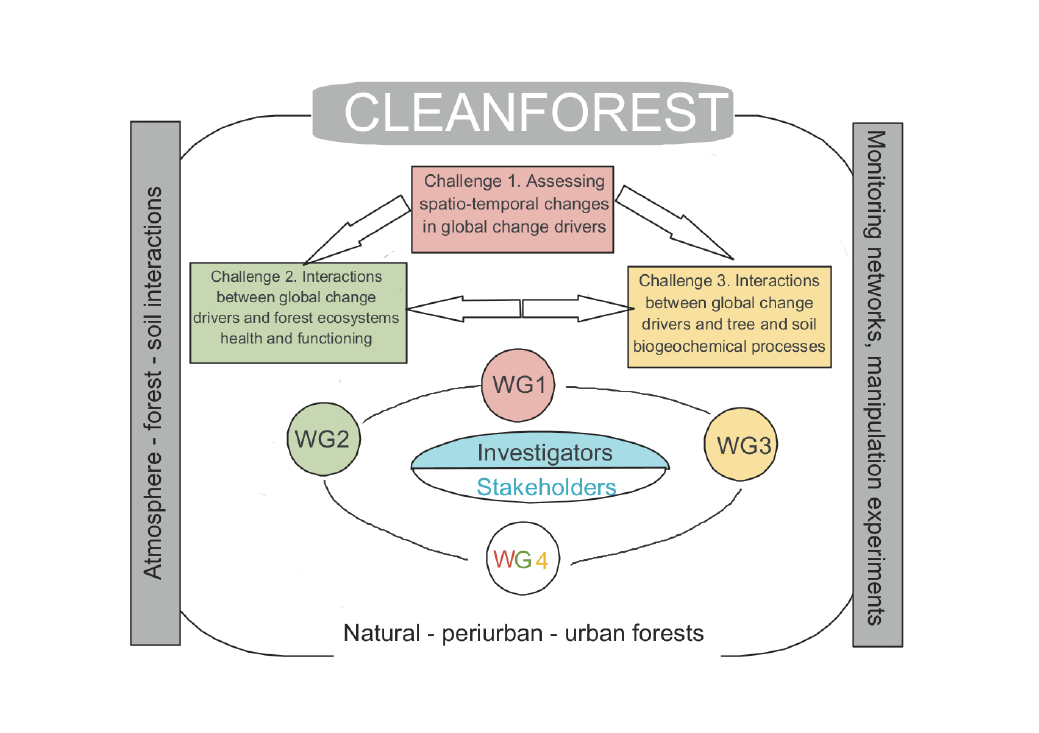
WG1 will provide a comprehensive overview of where and how global change drivers have changed over the last decades in Europe. The dataset produced will be crucial to achieve objectives within WG2 and WG3, exploring the effects of global change drivers on trees and soil processes. Finally, WG4 will review existing manipulation experiments and monitoring networks (in collaborations with WGs 2-3), to identify limitations and knowledge gaps that can be overcome with future transdisciplinary and international research initiatives.
- WG1: Assessing spatial-temporal changes in global change drivers
- WG2: Interactions between global change drivers and forest ecosystems health and functioning
- WG3: Interactions between global change drivers and tree and soil biogeochemical processes
- WG4: Next generation manipulation experiments and monitoring network
WG1: Assessing spatial-temporal changes in global change drivers
Core team
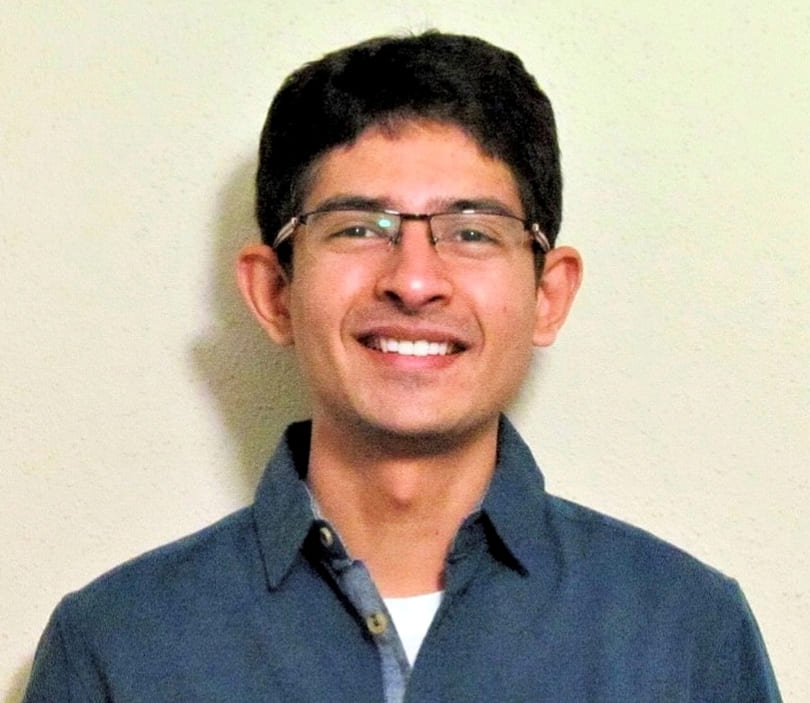
Ajinkya Deshpande
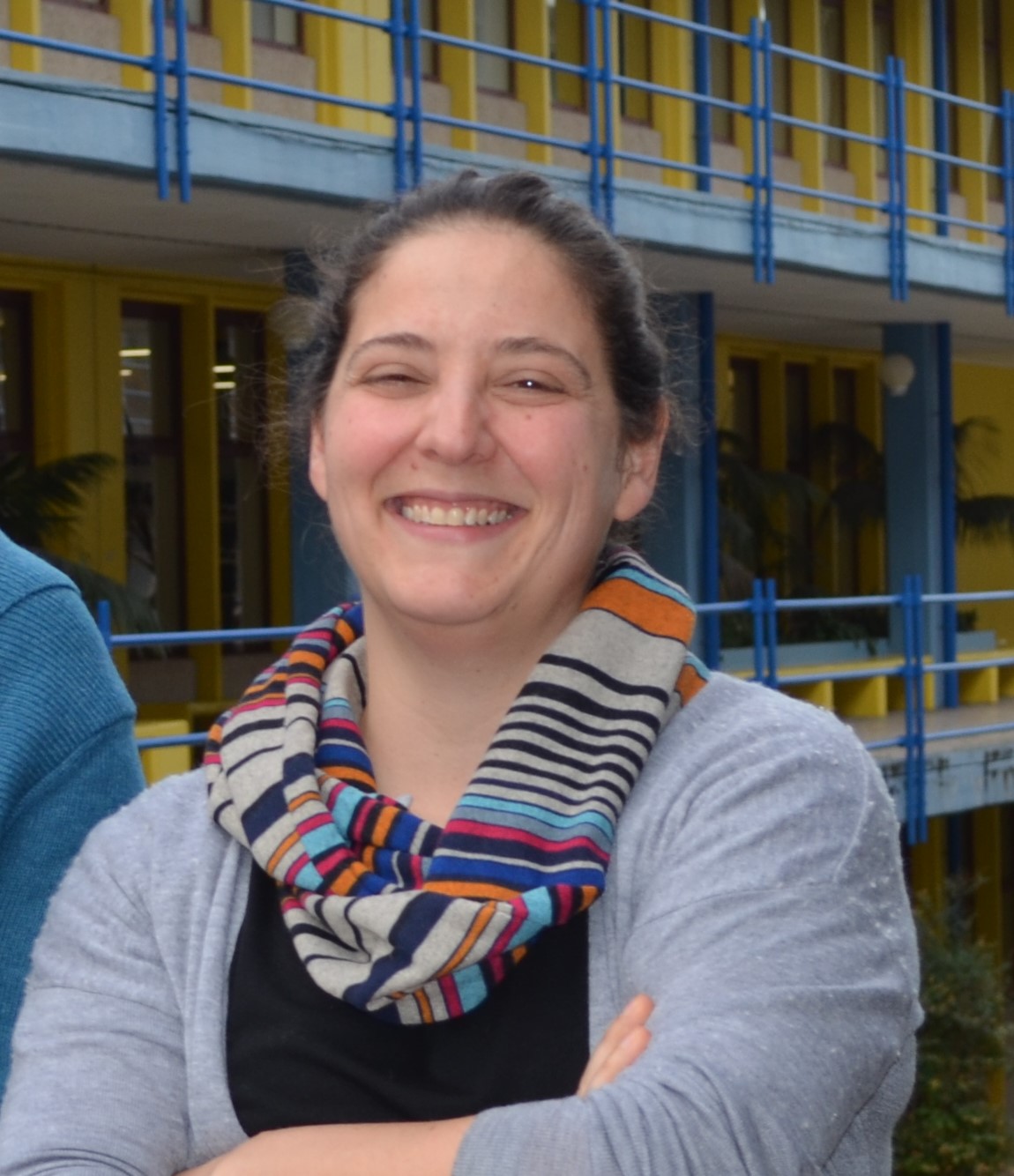
Maria Alexandra Oliveira

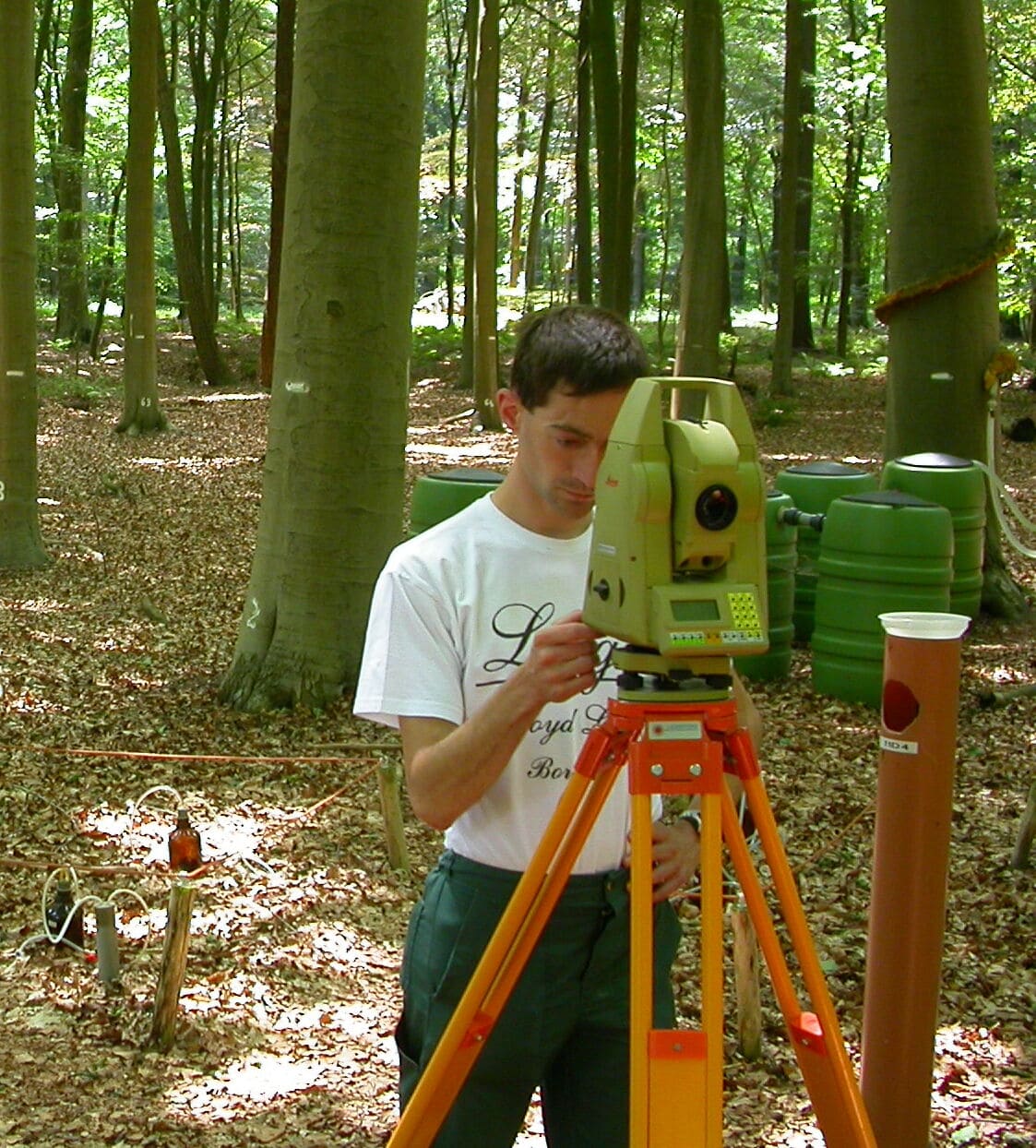
Arne Verstraeten
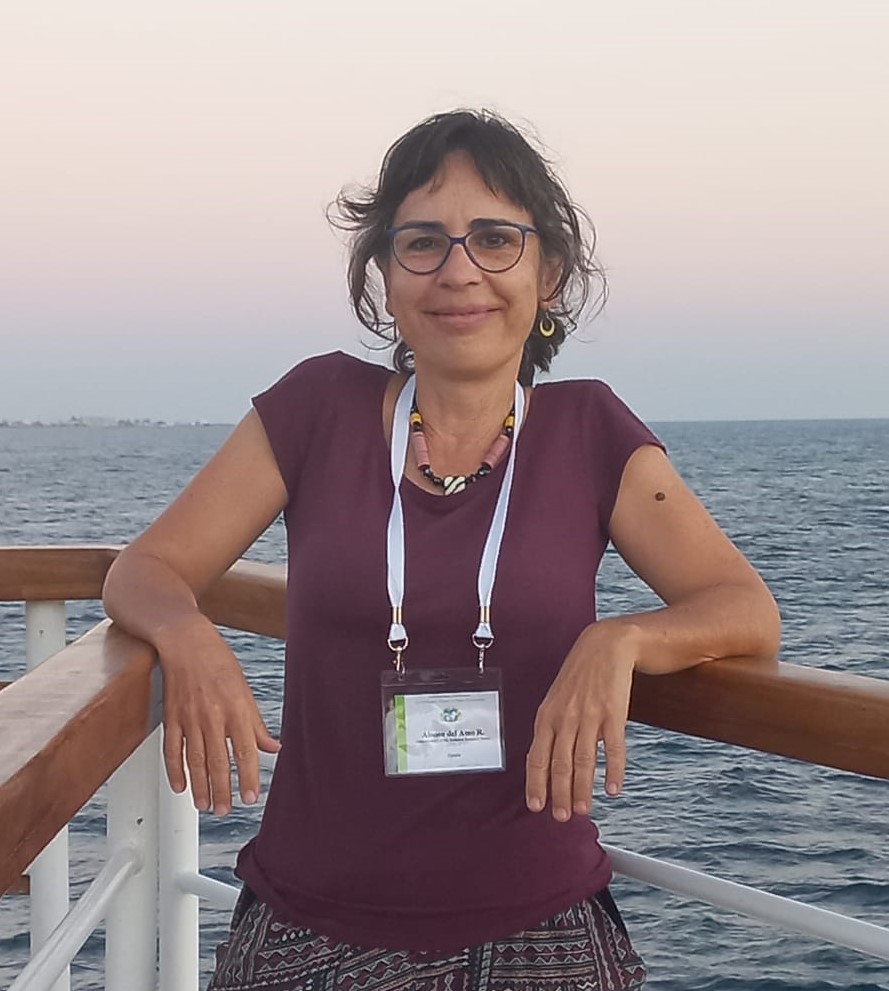
Rocío Alonso del Amo
Specific goals and link to the main Challenges
- Identify and merge datasets available for atmospheric N and S deposition and different approaches used across different monitoring networks (ICP Forests, EMEP, EAA, Ecosystem monitoring network of NEC Directive, and Copernicus) and local citizen science initiatives (e.g. in cities) (Q1.1-1.5).
- Define extreme climate events (focus on hot extremes and droughts) and harmonize datasets to assess their frequency and severity across Europe by using meteorological data from the sites identified in the OBJ1.1 and by the other WGs.
- Identify spatial hotspots for global change drivers across Europe (Q.1.1-1.2).
Current activities
The WG is currently divided in three sub-group, focusing on the following sub-topics:
a. Climate datasets
b. Atmospheric deposition datasets
c. Reviewing monitoring techniques
Get in touch if interested!
WG2: Interactions between global change drivers and forest ecosystems health and functioning
Core team
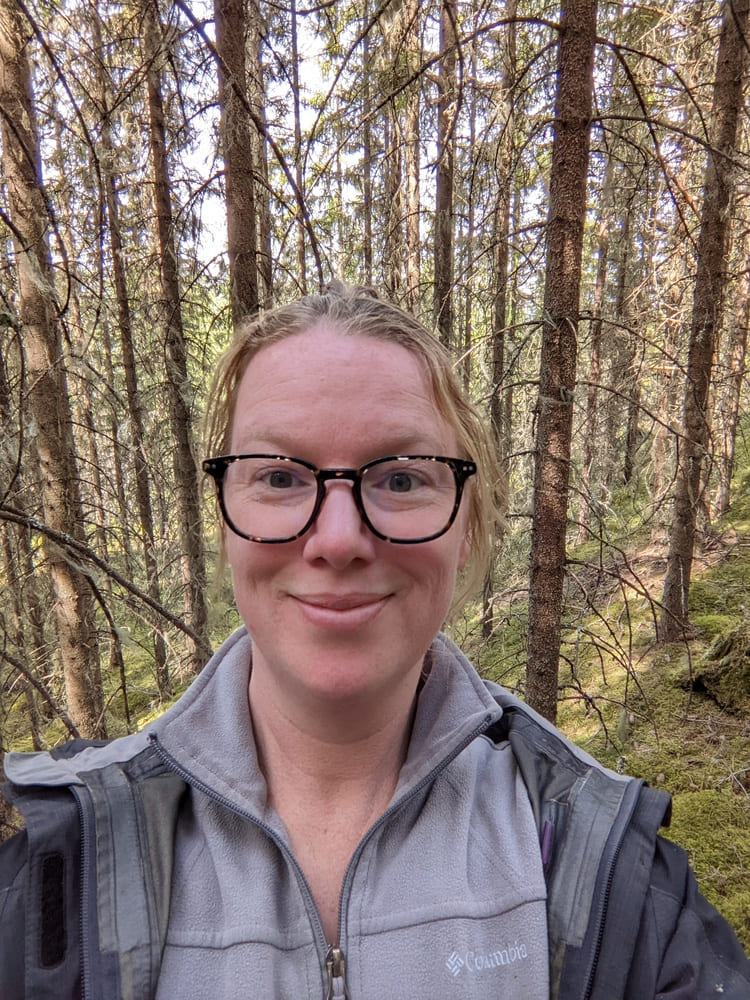
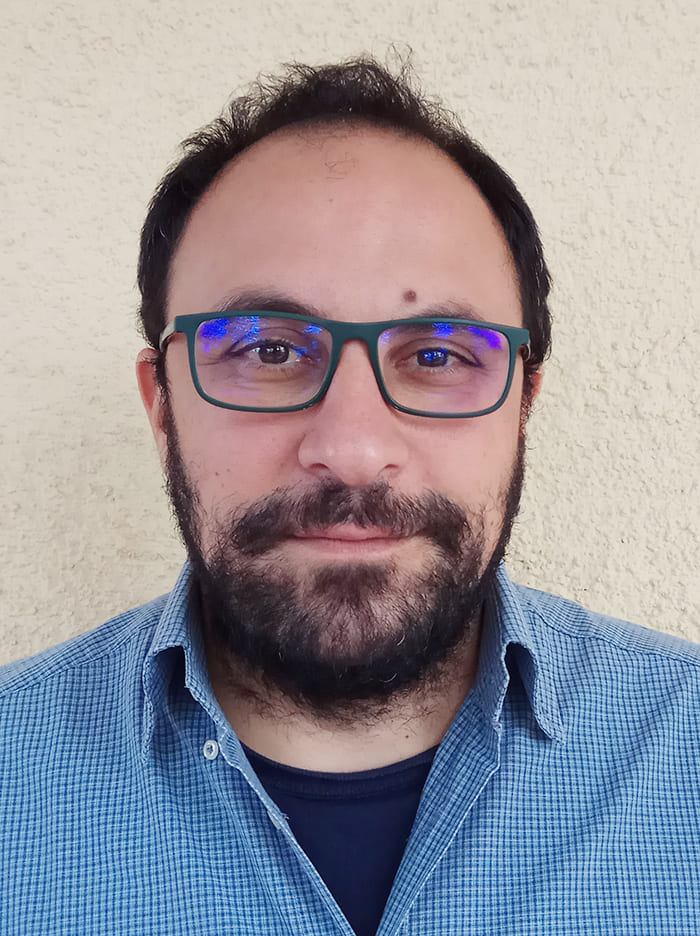
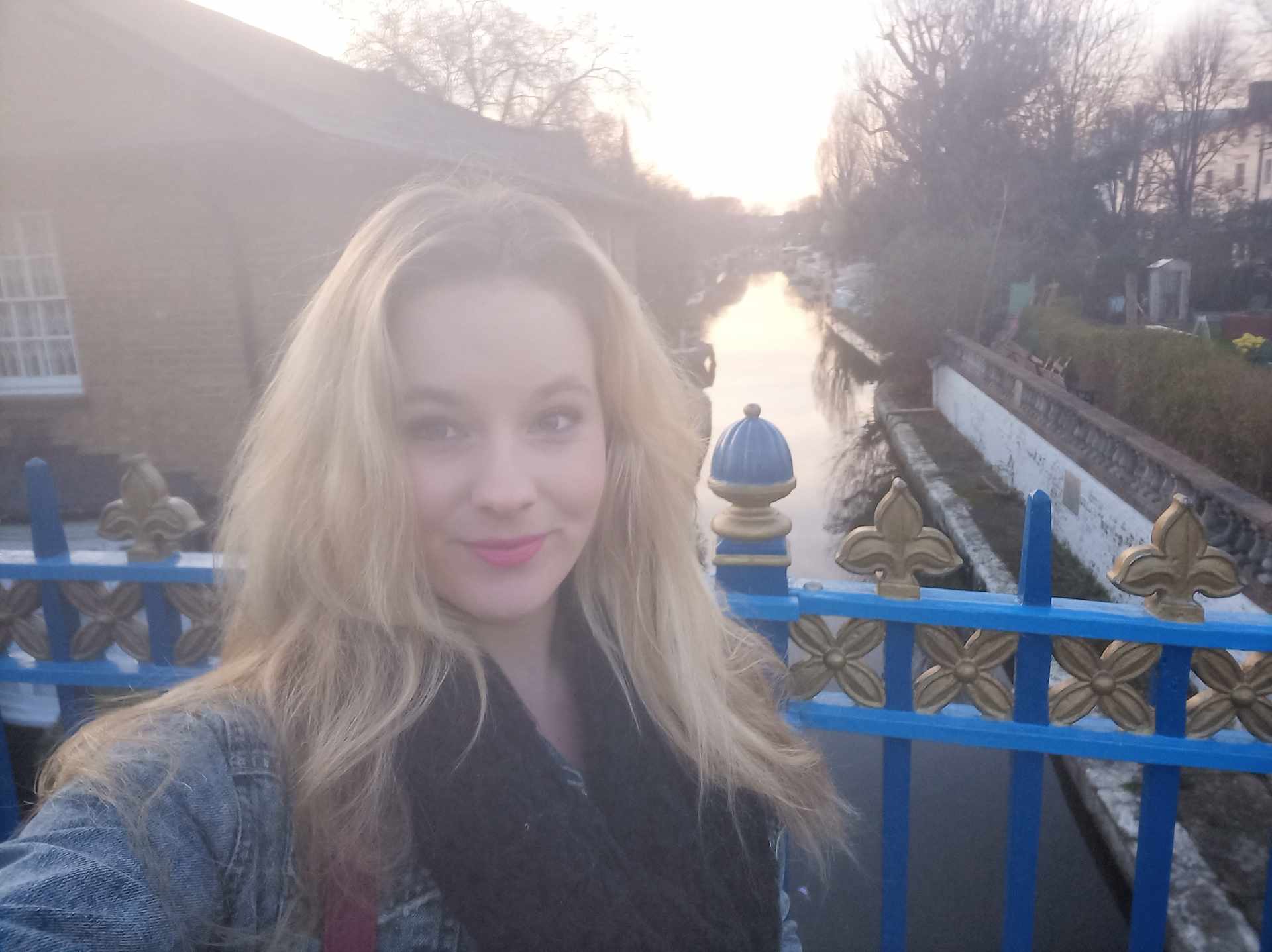
Caitlin Ruth Lewis
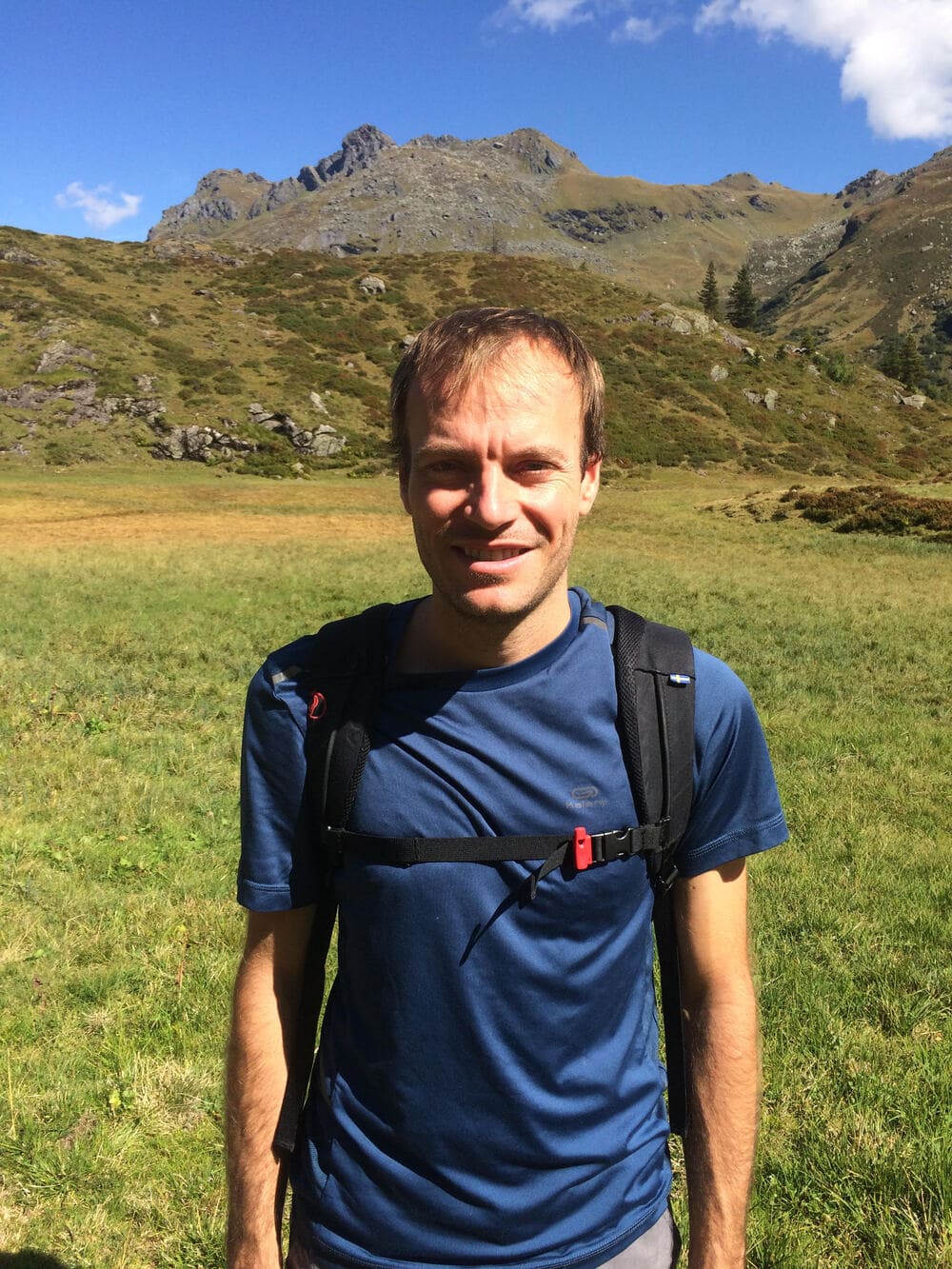
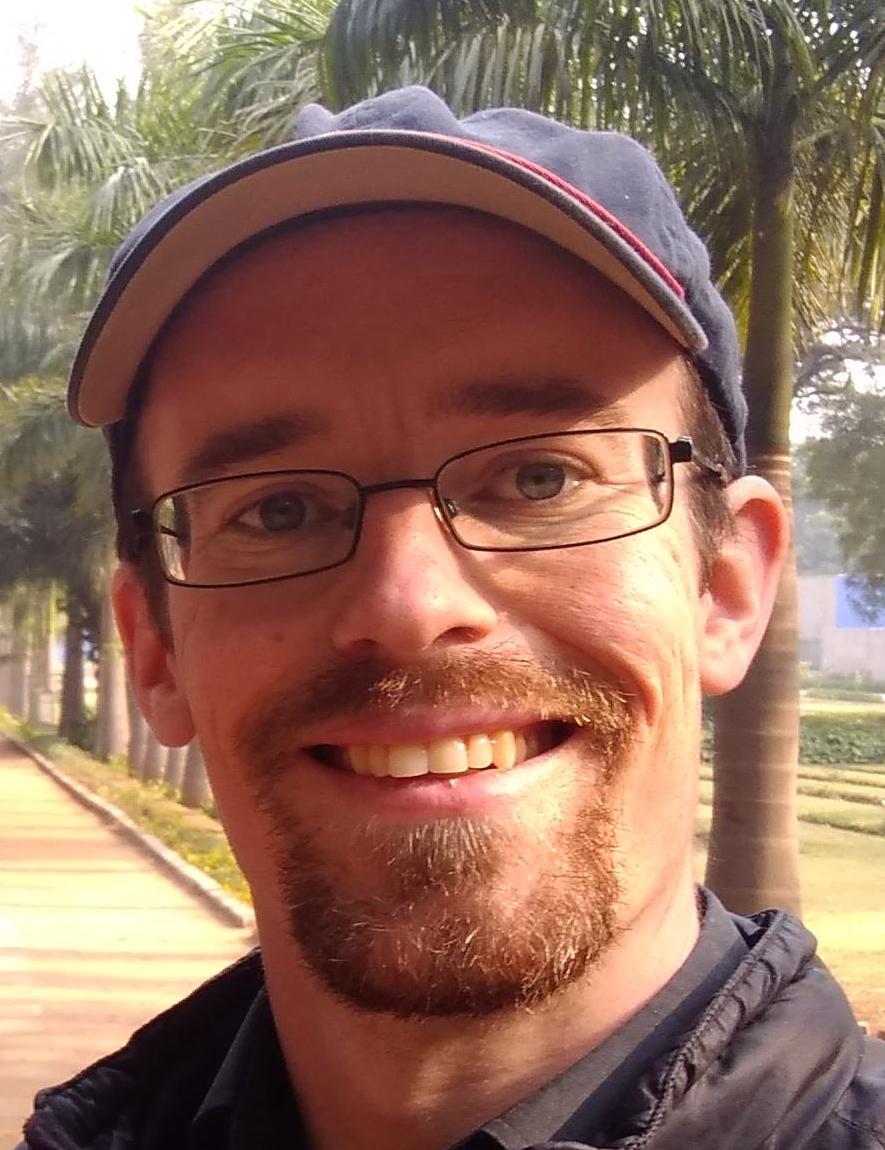

Specific goals and link to the main Challenges
- Data mining (tree-ring isotopes, dendrometers, tree health, inventory tree growth and mortality, ecosystem fluxes) to investigate how climate extremes and atmospheric deposition interact and affect the response of European forests to increasing atmospheric CO2 (Q.2.1-2.6).
- Identification of more vulnerable tree species and forests to global change factors (Q2.4-2.5).
- Testing the tree mortality framework recently proposed (*)see e.g.,McDowell et al. (2008). New Phytologist 178, 4, 719-739 and Gessler et al. (2017). New Phytologist 214, 513–520, by including long-term nutrient deposition/availability and uptake in mortality assessments (Q.2.3-2.4-2.5).
Current activities
We are currently working on a review paper, which aims to provide an overview on the status of European forests with focus on growth, water-use efficiency and mortality as assessed at different scales (tree, ecosystem, regional and continental). Specific sub-groups are:
- Influence of N/S deposition and climate extremes on forest response to CO2 – focus on growth (contacts: Danielle Creek and Mathieu Lévesque)
- Influence of N/S deposition and climate extremes on forest response to CO2 – focus on WUE (contacts: Rossella Guerrieri and Maurizio Mencuccini)
- Mortality patterns across Europe (contacts: Thomas Pugh and Nikos Fyllas).
Get in touch if interested!
WG3: Interactions between global change drivers and tree and soil biogeochemical processes
Core team
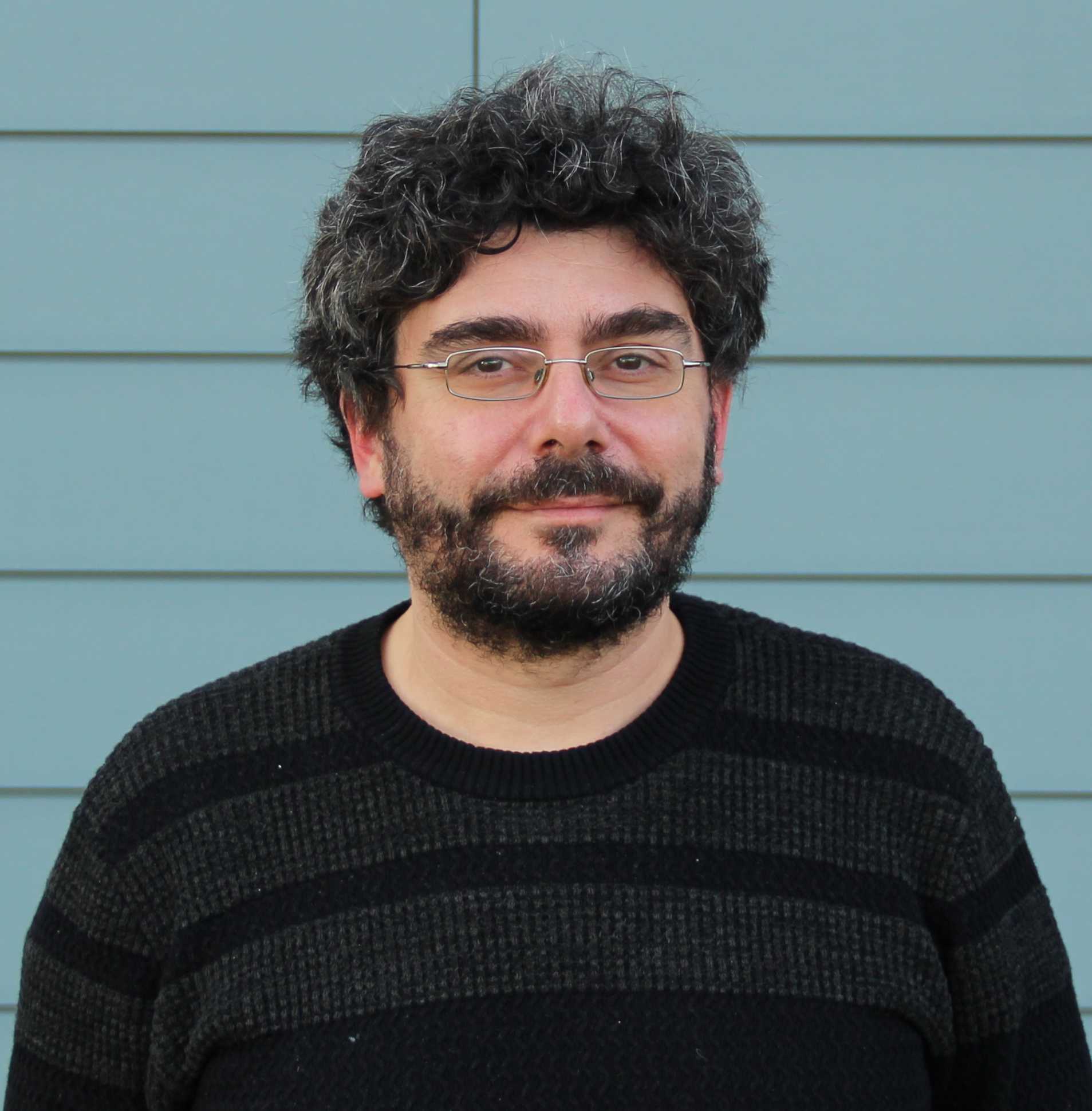
Mirco Migliavacca
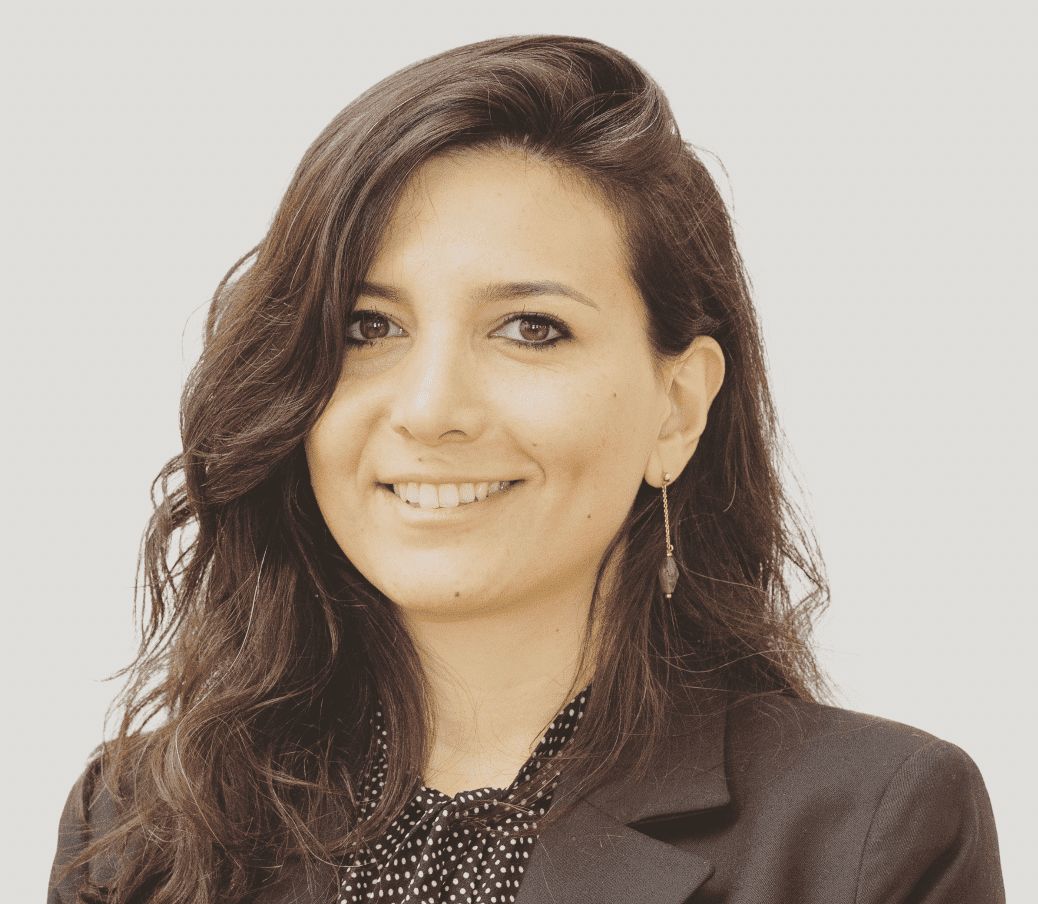
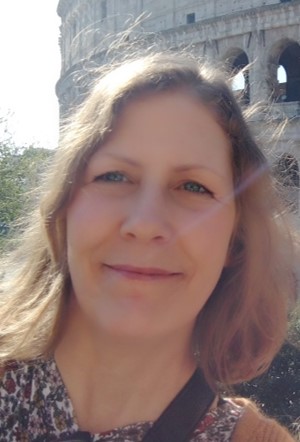
Kate Buckeridge
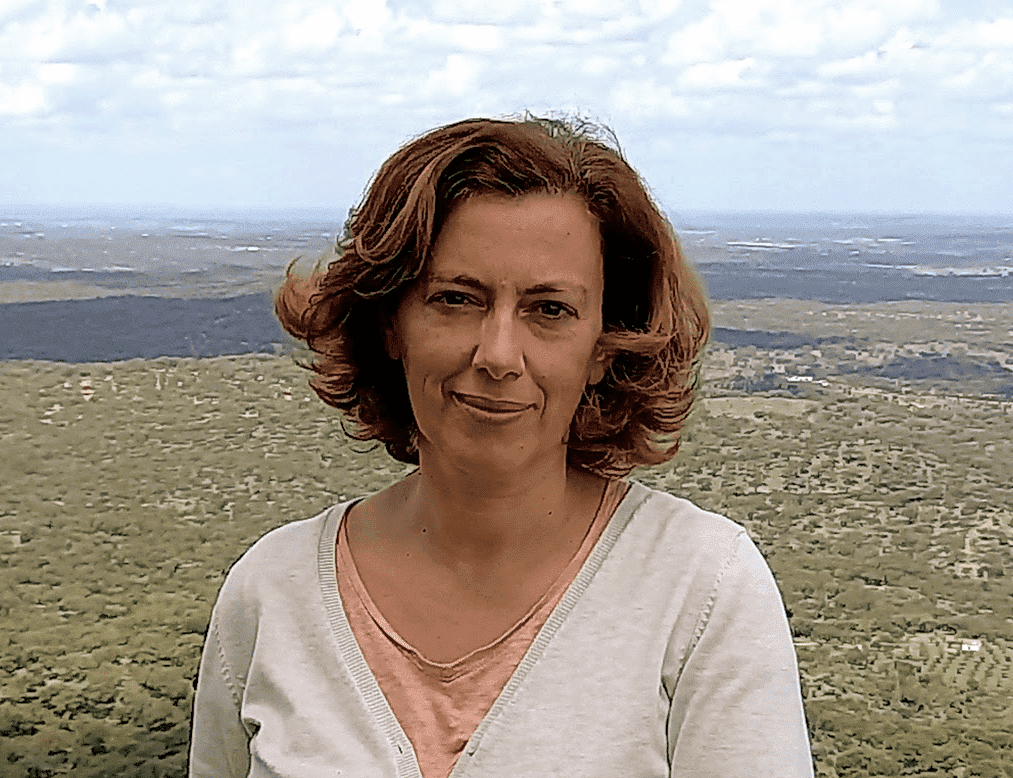
Cristina Branquinho
Douglas Godbold
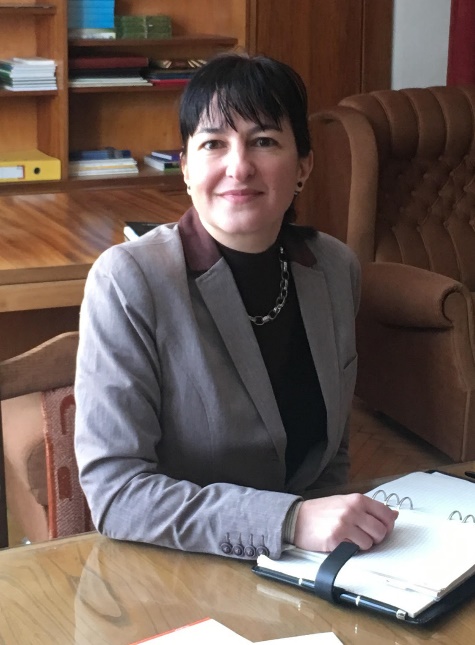
Miglena Zhiyanski
Specific goals and link to the main Challenges
- Assess the effects of atmospheric deposition and climate extremes on soil organic matter pools and subsequent N storage and cycling in soils and trees, and consequently assess N limitation and saturation in European forests (Q3.1-3.5).
- Quantify the interactive effects of N and climate extremes on forest C balance and allocation (above and belowground), soil C inputs and flows and soil GHG fluxes (Q3.2-Q3.3).
- Evaluate the role of aboveground biodiversity (tree diversity and identity) and belowground biodiversity response to N depositions and climate extremes, as potential mitigation measures (Q3.3-3.5).
Current activities
We are currently drafting two literature review papers:
- Topic 1. Effect of global change drivers on C fluxes, acclimation, and resilience of EU forests (contact, mana.gharun@wwu.de).
- Topic 2. The influence of N deposition on soil biodiversity and soil C in EU forests (contact, kate.buckeridge@list.lu).
WG4: Next generation manipulation experiments and monitoring network
Core team
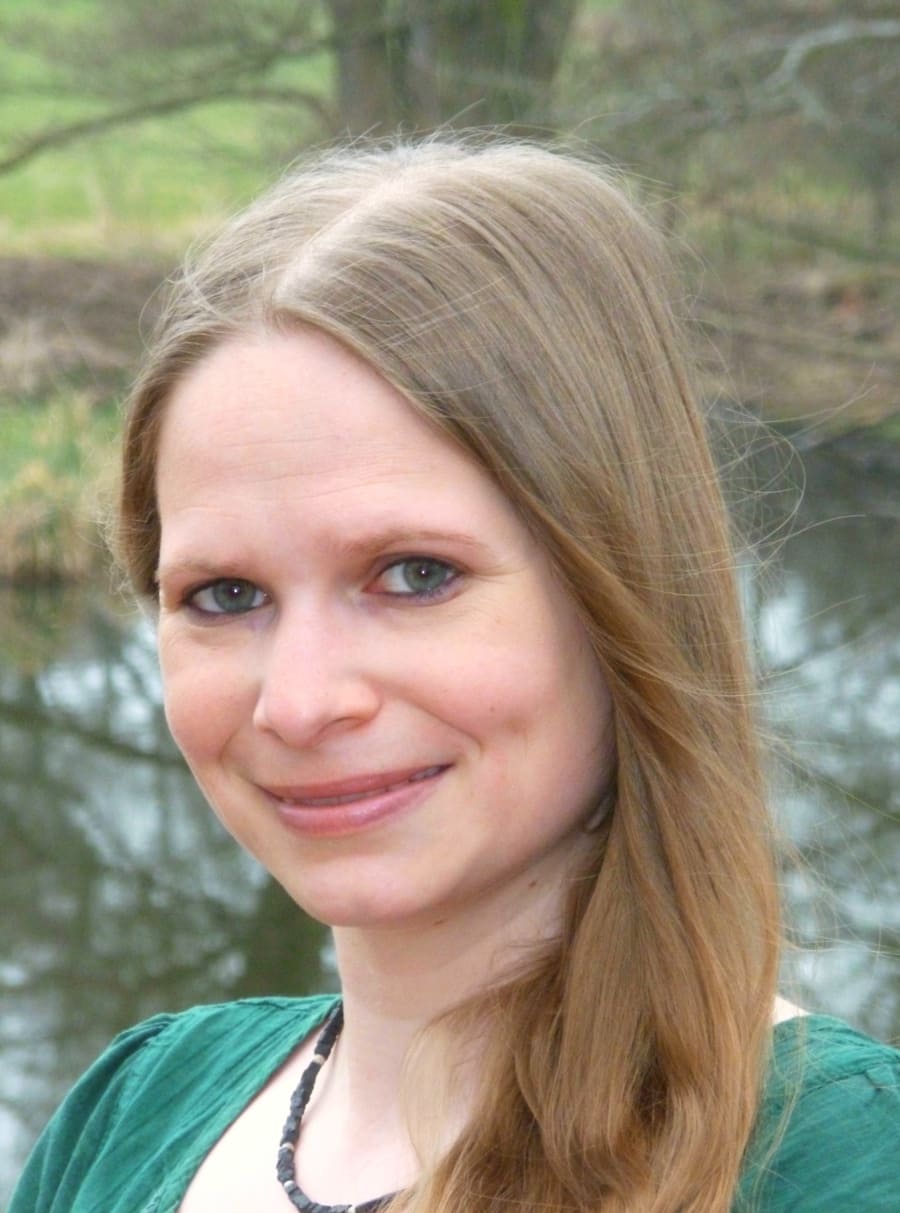
Lena Muffler-Weigel
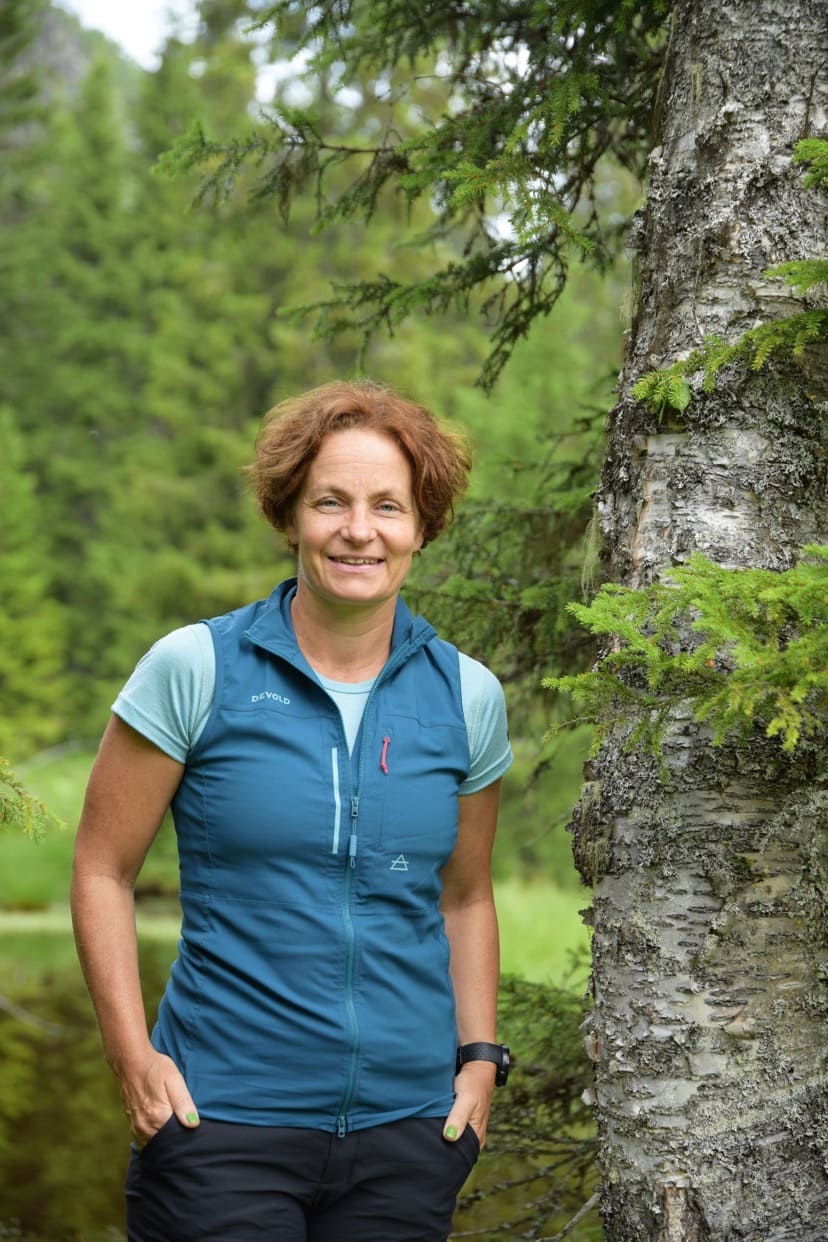
Line Nybakken
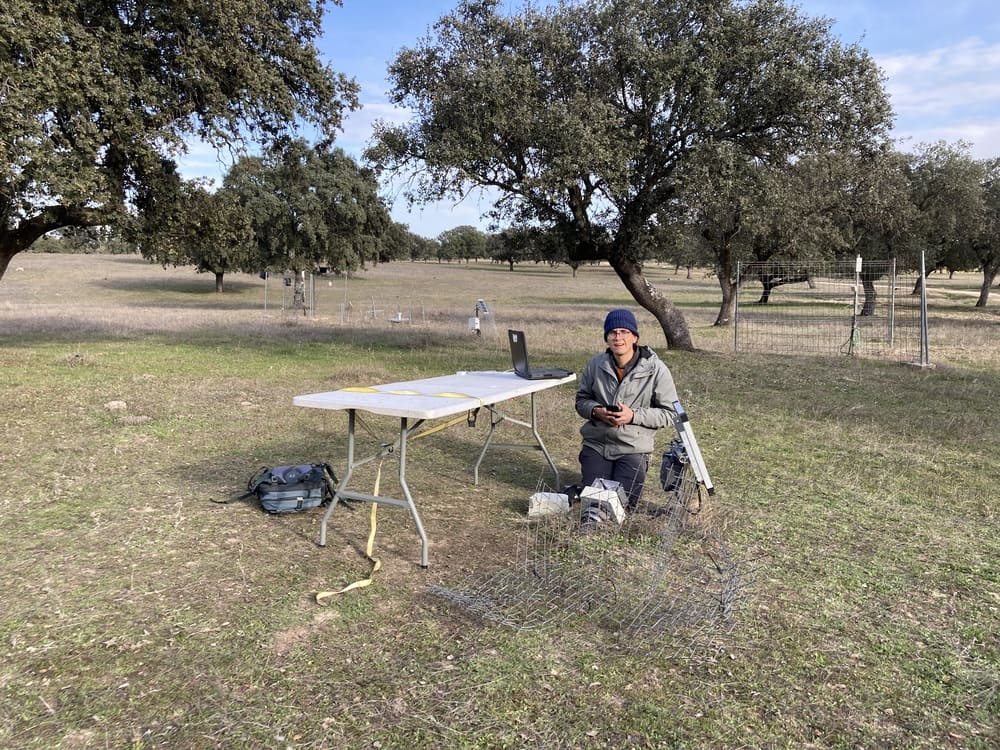
Richard Nair

Marco Ferretti
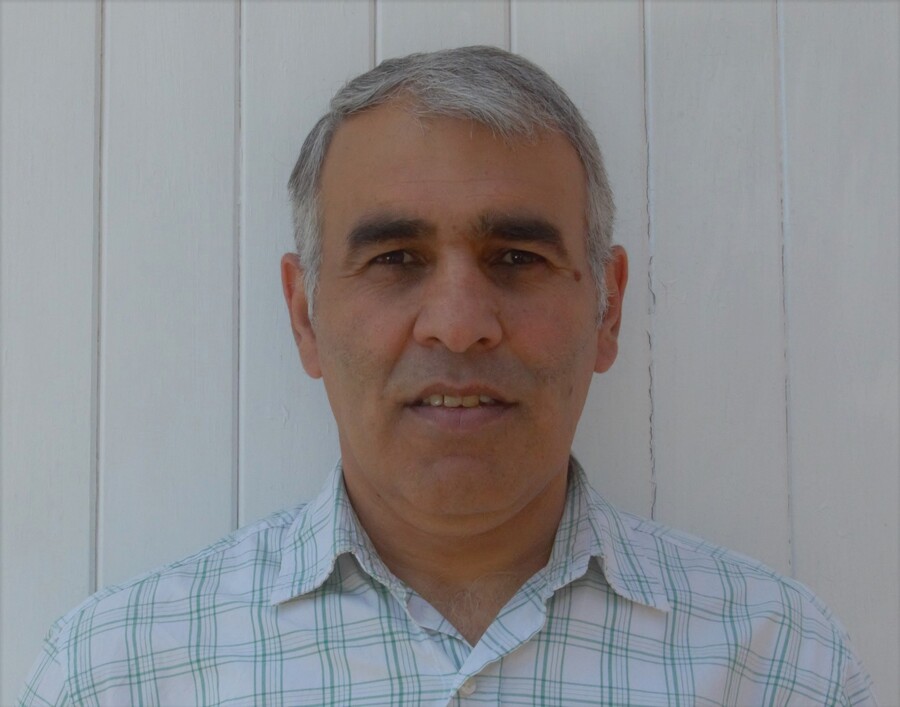
Sami Ullah
Specific goals and link to the main Challenges
- Reviewing existing manipulation experiments and gathering existing monitoring networks (synergy with WG1) in Europe and worldwide.
- Summarizing main results on the effects of treatments applied (experiments) or observed deposition level (monitoring) on eco-physiological parameters, health, growth and diversity of forests, as well as on biogeochemical processes (synergy with WGs2-3).
- Identifying methodological limitations and/or unanswered questions in existing research infrastructures (synergy with all WGs).
Current activities
We are working on a review and systematic metastudy on the effect of climate extremes on forest productivity and forest health under different nitrogen deposition scenarios. We do so by using the established MESI database (https://doi.org/10.1111/gcb.16585) and try to complement the data by our own systematic webofscience scoping.
The goal is to compile a database of multi-year N addition experiments in forest ecosystems worldwide. The systematic review is currently led by a core group of Robert Weigel, Richard Nair, Lena Muffler, Ivika Ostonen, Mario Pereira, Rossella Guerrieri. The further participants of the group (20-40 persons) will assist to browse all articles (title and abstract) for their suitability in our study. Further, we are still open to further participation, for example to assist with the systematic literature scoping or general writing of the review article.
Larger group meetings will be announced to all COST participants and the meeting link and date will be given as an open invitation to participate for everybody in the whole COST Action. Alternatively, to express interest in taking part in this project, please contact Robert Weigel (robert.weigel@uni-goettingen.de), who is leading this task.